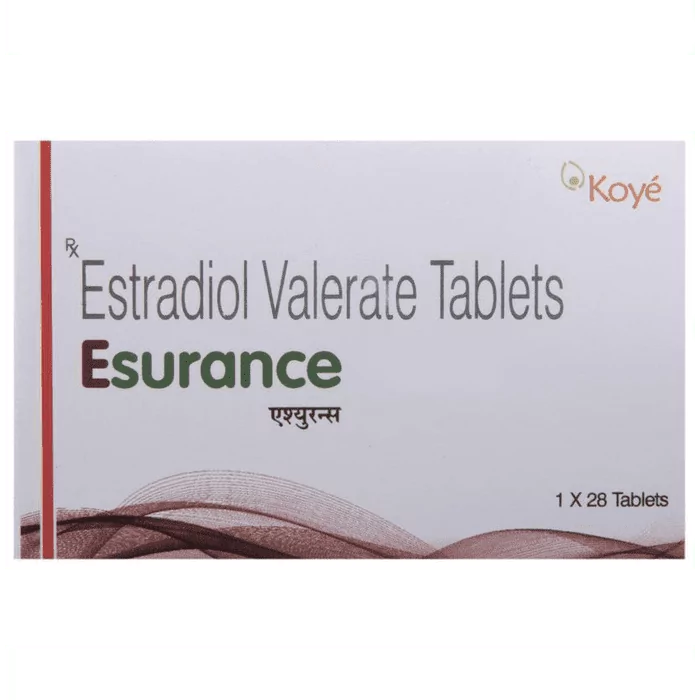Menopause is a transitional stage in women’s lives, marked by hormonal changes that can cause various symptoms.
Understanding the symptoms of Menopause is essential for every woman’s health journey.
The signs of Menopause starting include irregular menstrual cycles, hot flashes, mood swings, and vaginal dryness.
This article explores the early signs of Menopause and examines effective management measures.
By recognizing these signs early on, women can manage this natural transition with greater ease and comfort.
What is Menopause
Menopause marks the natural end of a woman’s menstrual cycle.
It typically occurs around the age of 45 to 55, indicating the end of ovulation and fertility.
Hormone fluctuations, especially in Estrogen and Progesterone, cause a range of physiological and psychological changes throughout Menopause.
While Menopause is a normal stage of life, its beginnings and symptoms can vary among individuals.
Understanding Menopause is essential for women’s health and well-being as they manage this significant transition.
Save up to 90% on your medicine bills

Progynova 2 mg

Oestrogel 2.5 gm / 1.5 mg

Estrabet 2 Tablet

Esurance Tablet
Signs of Menopause
 Source: Valerii_Honcharuk
Source: Valerii_HoncharukWomen’s bodies experience major hormonal changes as Menopause approaches, which can result in a wide range of symptoms.
These signs and symptoms are important indicators of the start of Menopause, marking the end of the reproductive years.
Irregular menstrual cycles, characterized by variations in flow and frequency, often signify the beginning stages.
Other symptoms include hot flashes accompanied by flushing and sweating.
Mood swings, including irritability and Anxiety, may also become more common.
Additionally, vaginal dryness and discomfort during intercourse may arise due to decreased Estrogen levels.
Understanding these signs empowers women to manage this natural transition with knowledge and confidence.
Menopause which happens between the ages of 40 and 45 is considered early Menopause.
The signs and symptoms of early Menopause can be identified as reduced libido, fatigue, cognitive changes, and memory lapses.
Are you curious about the available treatments for early Menopause? Read Empowering Women: Effective Early Menopause Treatments
Management and Treatment Options
Upon recognizing the signs of Menopause, exploring various management strategies customized to reduce symptoms and enhance quality of life is key.
Hormone replacement therapy (HRT) stands as a cornerstone in managing Menopausal symptoms, effectively minimizing hot flashes, vaginal dryness, and mood swings.
Lifestyle modifications, including regular exercise, balanced nutrition, and stress management techniques, are key to symptom management.
Additionally, alternative therapies such as Acupuncture, herbal supplements, and mindfulness practices show promising results in relieving Menopausal discomfort.
Consulting with doctors enables personalized Menopause treatment plans, ensuring optimal symptom relief and overall well-being.
To learn more about Menopausal supplementation, read Menopause Supplements: A Guide to Effective Relief
Conclusion
Menopause is the permanent end of menstruation, marking the end of reproductive years.
The signs of Menopause include irregular menstrual cycles, hot flashes, mood swings, and vaginal dryness.
Hormone Replacement Therapy (HRT) is important for managing Menopausal symptoms.
Lifestyle modifications, like exercising, eating a balanced diet, and managing stress, can help manage these symptoms.
Alternative therapies, such as Acupuncture, herbal supplements, and mindfulness practices, also show promising results.
Doctors can create treatment plans that are personalized to your needs which can help relieve your symptoms and overall well-being.

Frequently Asked Questions
What are the early signs of Menopause in 20s?
Early signs of Menopause in your 20s may include palpitations, hot flashes, skin changes, mood swings, and hair issues.
While uncommon, experiencing these symptoms at a younger age requires medical attention to rule out other conditions.
What are the signs of early Menopause while on the pill?
Early Menopause signs while on the pill include mood swings, decreased libido, and changes in appetite.
While contraceptive pills can mask these symptoms, early Menopause may still occur.
Consulting a doctor for evaluation is important to differentiate between pill-related effects and genuine signs of Menopause. This ensures appropriate management of this condition.
What are the signs of Menopause with IUD?
Signs of Menopause with an Intrauterine Device (IUD) may include hot flashes, trouble sleeping, flushed skin, and mood swings.
The IUD itself does not cause Menopause but may make it challenging to recognize these symptoms.
Consulting a doctor for evaluation and management is recommended for accurate diagnosis and personalized care.
What are the signs of early Menopause at 30?
Early Menopause at 30 may present with irregular menstrual cycles, hot flashes, night sweats, vaginal dryness, and mood swings.
Early detection enables timely treatment to reduce symptoms and address potential health concerns.
What are the signs of Perimenopause?
Perimenopause signals the transition to Menopause, typically starting in a woman’s 40s.
Common signs include weight gain, mood swings, breast tenderness, alteration of blood cholesterol, and low bone density.
These symptoms may vary in intensity and duration.
Cheap Medicine Shop only refers to credible, authoritative sources for our content. If you’re curious about how we ensure the integrity of our content, we encourage you to read our Content Information Policy.














